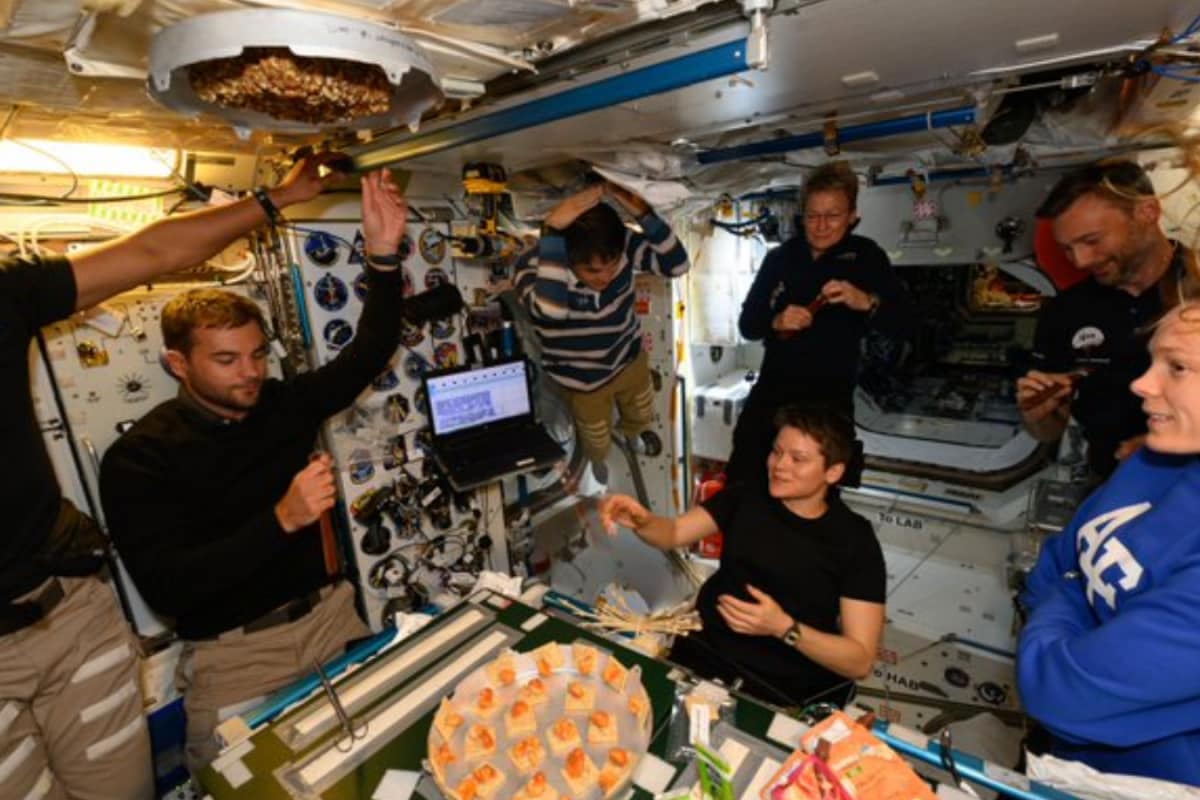

As the Axiom-4 (Ax-4) mission, including Indian astronaut Group Captain Shubhanshu Shukla, approaches its end, the crew is making the most of their final days aboard the International Space Station (ISS). Originally scheduled to conclude on July 10, their stay has been extended, with undocking now targeted for July 14 at 7:05 a.m. ET.
The Ax-4 mission, which launched on June 25 from NASA's Kennedy Space Center in Florida, marked a significant return to human spaceflight for India, Poland, and Hungary, representing each nation's first government-sponsored mission in over 40 years. The crew, consisting of Commander Peggy Whitson of the U.S., Pilot Shubhanshu Shukla of India, and Mission Specialists Sławosz Uznański-Wiśniewski of Poland and Tibor Kapu of Hungary, docked with the ISS on June 26.
During their time on the ISS, the Ax-4 crew has been deeply involved in a wide array of scientific studies and activities, encompassing around 60 experiments representing 31 countries. These experiments aim to advance scientific knowledge, test new technologies, and engage in global outreach efforts.
Group Captain Shubhanshu Shukla has been actively participating in experiments, including those designed and developed by Indian researchers. One such experiment involves studying the germination and early development of 'moong' and 'methi' seeds in microgravity. Shukla photographed the sprouting seeds and stored them in a freezer on the ISS. Upon their return to Earth, these seeds will be cultivated over several generations to examine changes in their genetics, microbial ecosystems, and nutritional profiles. Shukla also worked on the microalgae experiment, deploying and stowing samples that could one day provide food, oxygen, and biofuels for deep space missions.
The crew has also been involved in studies examining the effects of spaceflight on various aspects of human physiology. The Voyager Displays study investigates how spaceflight affects eye movement and coordination. Another study focuses on cerebral blood flow, examining how microgravity and elevated CO₂ levels impact cardiovascular function. The crew is also collecting data for the ENPERCHAR study, which explores how astronauts perceive and interact with their environment in orbit, with the goal of designing supportive habitats for long-duration missions.
Other research activities include monitoring radiation exposure using the Rad Nano Dosimeter, participating in the Acquired Equivalence Test to measure learning and adaptability in space, and supporting the PhotonGrav study by collecting brain activity data. A neuromuscular electrical stimulation session was also conducted to counteract muscle loss in microgravity.
As their time on the ISS winds down, the Ax-4 crew is focused on maximizing their remaining time to gather valuable data and insights from their experiments. The results of these studies could have significant implications for future space exploration and for improving life on Earth. Pending favorable weather conditions, the Axiom Mission 4 (Ax-4) crew is set to undock from the International Space Station no earlier than Monday, July 14, at 7:05 a.m. ET.